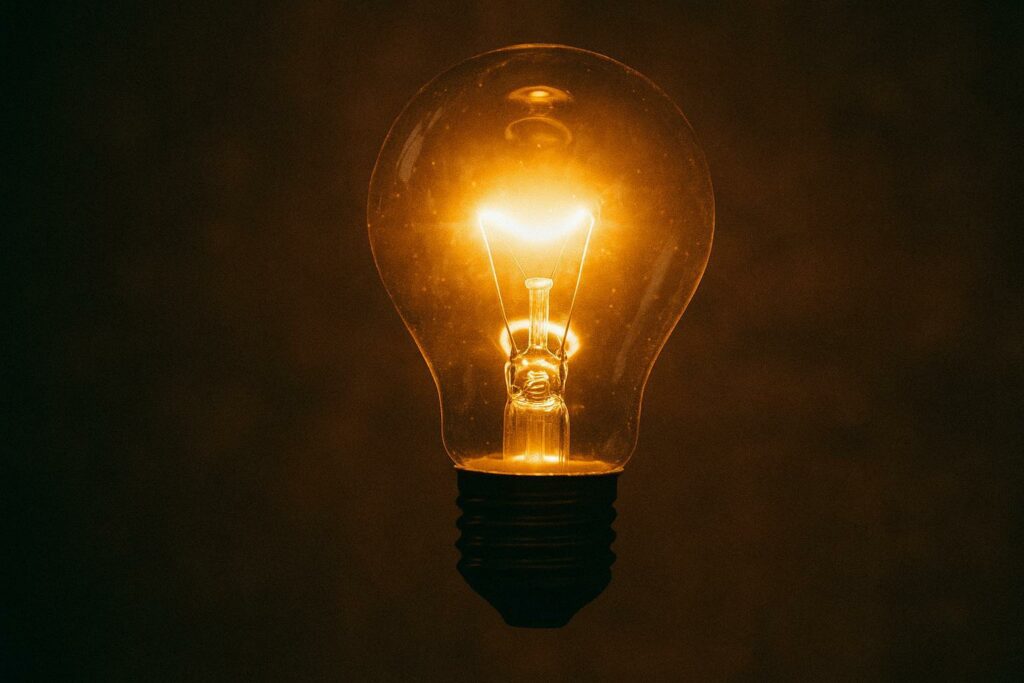A Century of Missed Opportunities
The historical trajectory of Africa’s electrification is marked by paradoxes and missed opportunities. As early as 1860, South Africa was pioneering in electrical technology, with innovations such as the arc lamp and telegraph systems. Despite these promising beginnings, by the time African nations gained independence in the 1960s, electrification remained limited to major urban areas. This stagnation can largely be attributed to the colonial focus on extractive industries, which prioritized resource extraction over the development of infrastructure such as electricity networks.
The Urgency of the Current Energy Crisis
With over 640 million Africans lacking access to electricity, the continent faces a deep energy crisis. The average electricity consumption per capita in sub-Saharan Africa (excluding South Africa) stands at a mere 180 kWh, starkly contrasting with 13,000 kWh in the United States. This energy deficit hinders various aspects of development, from healthcare services to educational goals and economic activities, causing severe disparities in quality of life and socio-economic advancement.
Mission 300: A Strategic Leap Towards Universal Electrification
At the 27th African Energy Forum (AEF 2025) held in Cape Town, the African Development Bank (AfDB) introduced Mission 300, an initiative in partnership with the World Bank, aiming to connect 300 million people by 2030. This mission seeks to address the energy demands of an expanding population projected to double by 2050. The ambition is also to create significant employment opportunities by pivoting towards clean energy solutions, which could potentially generate 100 million jobs by mid-century.
Remarkable Progress Amidst Challenges
Success stories like Egypt’s Benban Solar Park and Morocco’s Noor Ouarzazate complex exemplify the strides being made. Meanwhile, the Desert to Power initiative targets 10 GW of solar energy across 11 Sahelian countries. The AfDB’s publication of the Electricity Regulatory Index (ERI) provides critical insights into regulatory environments, fostering investment and ensuring sustainable energy development.
Fostering Youth and Innovation Through Energy Initiatives
The Youth Energy Summit (YES!), another key event sponsored by the AfDB, aims to harness the creativity and dynamism of over 4,000 young professionals. As noted by the AfDB, each new connection made under Mission 300 is seen as a stepping stone towards employment and economic growth, paving the way for the next generation of Africans to thrive in a sustainable energy future.

